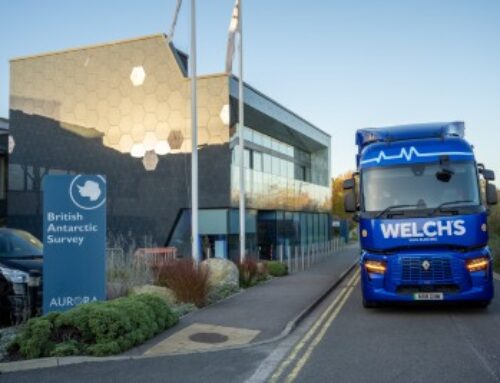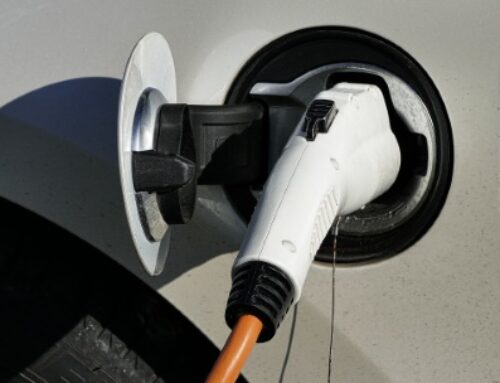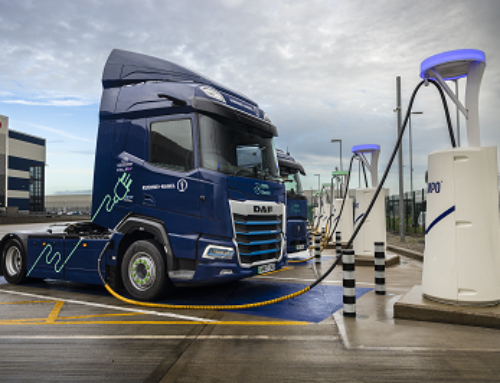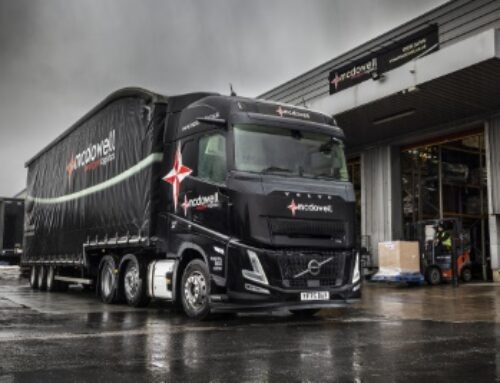Call for level playing field for hydrogen combustion trucks
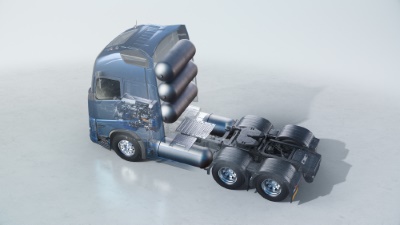 A new white paper published by collaborative body H2Accelerate has emphasised the contribution that HGVs with hydrogen internal combustion engines (ICEs) could play in Europe’s transport decarbonisation strategy, and has made several key policy recommendations to encourage their deployment.
A new white paper published by collaborative body H2Accelerate has emphasised the contribution that HGVs with hydrogen internal combustion engines (ICEs) could play in Europe’s transport decarbonisation strategy, and has made several key policy recommendations to encourage their deployment.
H2Accelerate’s members – which include truck manufacturers Volvo Group, Iveco Group and Daimler Truck AG, alongside fuel providers Linde, Shell, Teal Mobility and TotalEnergies – are committed to working together to enable the use of hydrogen in the decarbonisation of long-haul, heavy-duty trucking across Europe.
Last month, Hyundai Hydrogen Mobility, which specialises in fuel cell trucks, became the collaboration’s newest member.
The group believes that hydrogen ICE trucks can help scale rollout of hydrogen refuelling infrastructure by driving early fuel demand – but to leverage this opportunity, it says, “Europe must provide the right support to enable large-scale adoption of these vehicles before the end of the decade.”
It points out that hydrogen ICE vehicles can now qualify as zero-emission under the EU’s heavy-duty vehicle CO2 standards published last year, and as such present an opportunity to accelerate zero-emission vehicle deployment. But despite this they have been “excluded from incentivising mechanisms” and “are not yet classified equally with other zero-emission truck technologies”.
The group’s policy recommendations therefore include that hydrogen ICE vehicles should be classified as zero-emission across all EU member states, and that hydrogen used in ICE vehicles should be subject to the same taxation exemptions as hydrogen used in fuel cell electric vehicles, thereby allowing both to refuel from the same infrastructure.
The paper also calls for the inclusion of hydrogen trucks as eligible technologies in national and European zero-emission vehicle deployment projects, and for continued funding into research on hydrogen combustion technology.
Hannah Bryson-Jones, spok-esperson for the H2Accelerate collaboration, said: “Hydrogen internal combustion engines are emerging as a key component of Europe’s zero-emission mobility strategy.
“This technology can be deployed rapidly, at scale, and at a cost-competitive price with diesel equivalents, while supporting the growth of a pan-European hydrogen refuelling network this decade.
“With a level policy playing field, [hydrogen] ICEVs can accelerate the decarbonisation of heavy-duty transport and support a widespread hydrogen refuelling network.”









